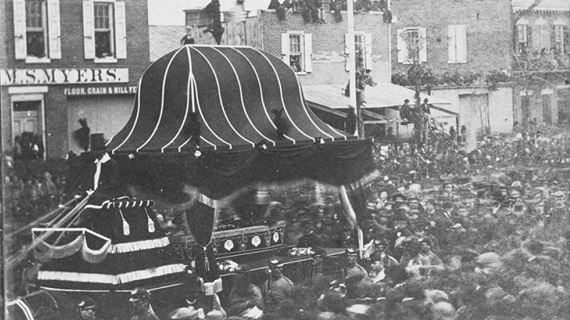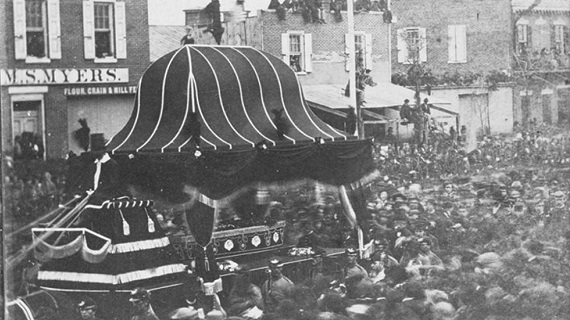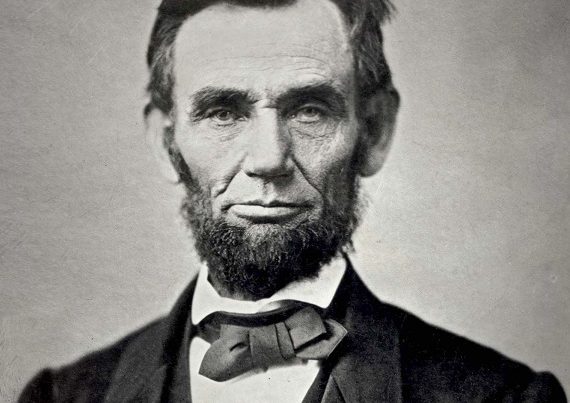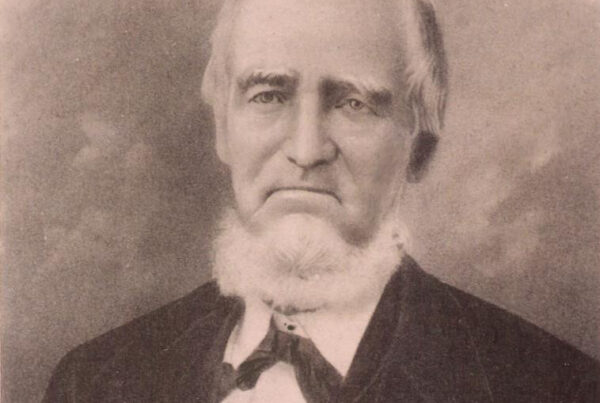A review of The Retribution Conspiracy: The Rise of the Confederate Secret Service (Scuppernong Press, 2021) by Dr. Samuel W. Mitcham, Jr.
In a world full of ever arising new conspiracy theories, one over 150 years old still intrigues us. Did the South conspire to kill Lincoln? Noted scholar and historian, Samuel W. Mitcham, Jr’s, novel The Retribution Conspiracy adds his historical research and skill as a novelist to the question and answers with a resounding, “Yes!”
The Retribution Conspiracy follows the life of the protagonist, Rance Liebert, as a young man growing-up in a South that was at that time a frontier culture. It was a time when Southern gentlemen lived by the code duello, although sometimes—if the enemy needed killing—even murder was socially acceptable. The author provides his reader with a wealth of knowledge about the early South—something only a true historian/novelist could do. In so doing he sets the stage for the South’s historic struggle during the War for Southern Independence.
Rance’s military experience began as Second Lieutenant of Volunteers during the Mexican-American War. During this war Rance observed the value of the “Jeff Davis” rifles at the Battle of Buena Vista. He learned that disease killed “seven men for every one killed” by Mexicans. He witnessed the effectiveness of “flying artillery” under the command of Captain Braxton Bragg. Bragg’s decisive efforts was largely responsible for Jefferson Davis’ victory at Buena Vista and resulted in a life-long friendship between Davis and Bragg. A point that would result in disaster for the South during the War for Southern Independence—something historian Mitcham pointed out in his previous book about General Nathan Bedford Forrest—Bust Hell Wide Open.
The author justifies the South’s retribution against Lincoln early in the novel. He uses the rape of a young girl (Sally) by a local “white trash” to demonstrate the Celtic principle of revenge against one who is responsible for an immoral and heinous crime against an innocent member of society. Grady McWhiney in Attack and Die quotes a Texas Confederate soldier who declared, “…if we cannot force the invading robber from our soil, we can all die in the effort.” In a similar vein in the movie Outlaw Josey Wales, Wales is described as a Southerner who “lives by the feud.” It is a simple principle that Rance enforces against the white trash rapist and later against Lincoln—“If you harm one of my kith or kin, I am honor bound to hunt you down and harm you.” The author describes Rance’s retribution against the rapist, “If he was too late to protect (Sally)…it was never too late to avenge.” The code of honor demands it.
The innocent victim of rape, Sally, was by 19th century social standards, a “ruined woman” who would never be able to marry into polite society. She left home and began a new life as an actress in New York where she met some prominent actors. Sally, and her various contacts, would play an important role in Rance’s work with the Confederate Secret Service.
The Retribution Conspiracy presents a convincing assertion that for his crimes against innocent Southern civilians, Lincoln needed killing and according to Mitcham, the Confederate Secret Service not only took revenge but they got away with it.







